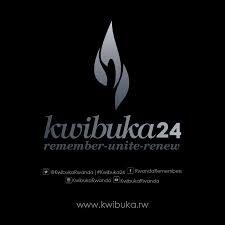By Jo Ingabire Moys
Lately I have been thinking about legacies. What kind of legacy will I leave behind for my children?
Will I be remembered, and if so, for what? I hope it’s for great deeds. I can’t yet conceive but I suspect monuments to my success will be cold comforts for those I leave behind.
I hardly remember my father’s achievements, although they were many. The lands and houses he left are testament to his hard work and brilliance, but they tell me nothing of the man he was. I’m told he was studious, but what kind of books did he like? Did he like nature or prefer the city? What kind of prayers did he whisper in Mass?
My brother, Julius, was killed aged 13 and was denied to chance to show the world what he could do. There will be no statues erected in his praise. Even his body was lost when his remains were scattered across the land; if there was no proof he’d died, there would be no evidence that he was murdered.
The football-mad boy who trained the dog to chew Dad’s shoes on command. That is worth remembering. He was not just a faceless African victim in another African tribal war. His compassion for all living things, the purity of his soul, his perfect comic timing – these are greatly missed.
A son, a brother, a friend; his short life deserves to be commemorated, to be celebrated.
Today we remember our loved ones not for what they did but because of who they were. Fathers, mothers, brothers, sisters, friends and neighbours. Victims of senseless violence, discrimination and oppression. Their lives mattered, they were important, we honour their memory.
Jo Ingabire Moys, Survivors of the Genocide Against the Tutsi in Rwanda, Co-Founder, Memory and Documentation Officer
Survivors Tribune

